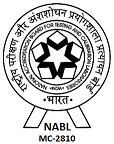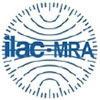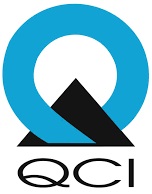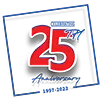Menu
Gastroenterology
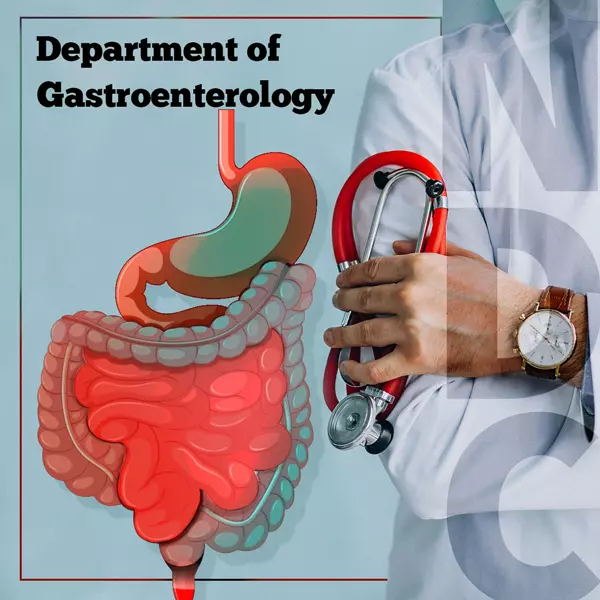
The medical specialty devoted to the study, diagnosis and treatment of disorders of the digestive system. These disorders may affect the esophagus (swallowing tube), stomach, small intestine, large intestine (colon), rectum, liver, gallbladder, or pancreas. At North City we provide Endoscopy, Colonoscopy, Foreign Body Removal, Polypectomy etc.- different procedures of Gastroenterology.
List of Tests -
A test that allows your doctor to look at the inner lining of your large intestine. Don’t eat solid foods. Instead, consume only clear liquids like clear broth or bouillon, black coffee or tea, clear juice (apple, white grape), clear soft drinks.
Preparation
Don’t eat solid foods. Instead, consume only clear liquids like clear broth or bouillon, black coffee or tea, clear juice (apple, white grape), clear soft drinks. On the night before the procedure or in the morning of procedure you have to drink one PEGLEC powder mixed in 2 litre of plain water. For details please contact our Gastroenterology department.
Machine Used
Olympus OPTERA Video Colonovideoscope
A procedure that allows your doctor to look at the inside lining of your esophagus, your stomach, and the first part of your small intestine. You have to fast before the endoscopy.
Preparation
You will need to stop drinking and eating four to eight hours before your endoscopy to ensure your stomach is empty for the procedure. For details please contact our Gastroenterology department.
Machine Used
Olympus OPTERA Video Gastrovideoscope
A procedure used to see inside the sigmoid colon and rectum.
The Preparation
Don’t eat solid foods. Instead, consume only clear liquids like clear broth or bouillon, black coffee or tea, clear juice (apple, white grape), clear soft drinks. On the night before the procedure or in the morning of procedure you have to drink one PEGLEC powder mixed in 2 litre of plain water. For details please contact our Gastroenterology department.
Machine Used
Olympus OPTERA Video Colonovideoscope
What is it and why do I need it?
In ileoscopy, a tiny camera attached to a scope is used to examine the lower portion of the small intestine (the ileum). The test is typically used to diagnose bleeding, high ileostomy fluid output, and Crohn’s disease.
The Preparation
If you have an afternoon exam, you should consume a clear liquid diet the night before or for breakfast the next day. Stop drinking all fluids (including clear liquids and water) 4 hrs before the exam (minimal sips are allowed to take your usual medications).
Until procedure time, you can take your usual medications (small amounts of water).
Those who take insulin or other diabetic medicines will have their dosage adjusted. Bring your insulin with you so that you can take it after the procedure if necessary.
The Risks
At the time of the exam, you will be asked to sign a consent form. Despite being very low (under 1%), ileoscopy does carry some risks, including bleeding, perforation, infection, tearing of the lining, and problems with the heart and lungs. Please talk to your physician about these risks before your procedure. At the time of your examination, you can discuss this with your physician.
The Procedure
From when you arrive to when you leave, the entire process may take about 2 hours. In the preparation area, you will be asked questions about your health history. The flexible scope will be inserted into your stoma and into the ileum. Air will be inflated to better see the lining and biopsies may need to be taken. The procedure usually takes 10 minutes.
After the Procedure
Your physician will discuss the results with you. You may return to work and your usual activities and diet immediately.
Machine Used
Olympus OPTERA Video Colonovideoscope
We at North City Diagnostic Centre are committed to providing you with effective, minimally invasive treatment so that you can recover as comfortably and painlessly as possible. With endoscopic variceal ligation, esophageal varices can be treated more effectively with fewer complications and faster recovery than with traditional methods.
What is an Endoscopic Variceal Ligation?
An endoscopic variceal ligation, or endoscopic band ligation, is a procedure in which elastic bands are used to treat enlarged veins, or varices, in your esophagus. Veins with thin walls and high blood pressure develop in the esophagus. If left untreated, the veins may rupture and cause serious bleeding.
What to expect? How should you prepare?
It is recommended that you do not eat at least eight hours before the procedure. One week prior to the procedure, you may be asked to stop taking aspirin, blood thinners, or antiplatelet medications.
This procedure is performed as part of an upper gastrointestinal (GI) endoscopy. The throat may first be sprayed with an anesthetic before the endoscope is inserted into your mouth and passed down to the esophagus.
A monitor helps your doctor locate and view the enlarged veins. After that, instruments are passed down the scope and bands are placed around the vein to stop the flow of blood.
The vein sloughs away in a few days to weeks once the band is in place, and your esophagus heals.
As a result of the sedative and pain medication, you will be drowsy and unable to drive home. For 24 hours after the procedure, you should not do any strenuous activity.
What are the possible complications and side effects?
The procedure can leave your throat sore or irritated.
Despite the low likelihood of a complication occurring, this procedure does have some risks. Among them are infection, recurrent bleeding, puncture in the esophagus wall, sores in the esophagus, and esophageal narrowing.
When you are at North City Diagnostic Centre, you can rest easy knowing your care team has the skills and experience required to reduce your risk of complications.
Machine Used
Olympus OPTERA Video Gastrovideoscope

